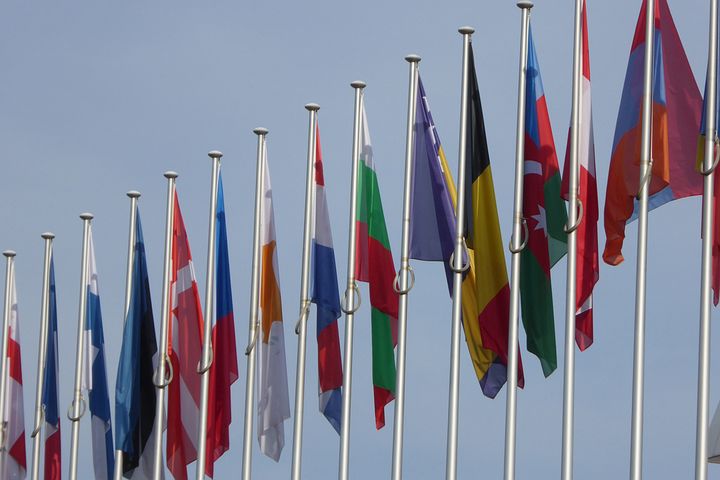Structured products and certificates have become an essential investment tool for many investors in Europe. As these investment instruments gain popularity, it is crucial for investors to understand the different opportunities available in various European countries and regions.
We will discuss the two main approaches to exploring structured products and certificates in Europe: multinational issuers and national opportunities.
By understanding these approaches, investors can make well-informed decisions and potentially discover new investment opportunities beyond their local markets.

By considering both multinational issuers and national opportunities, investors can diversify their portfolios and potentially uncover attractive investment options. Thorough research and analysis are crucial in making informed decisions and maximizing the potential rewards in the European structured product market.
Multinational Issuers
Many large issuers of structured products aim to expand their offerings across multiple European countries and regions. These issuers typically list their products on various European derivatives exchanges, making them accessible to a broad range of investors. By exploring structured products from multinational issuers, investors can gain exposure to investment opportunities that span across Europe, benefiting from the diversification and potential for growth that these instruments can offer.
When considering structured products from multinational issuers, it is important for investors to conduct thorough research and compare the offerings of different issuers. This includes analyzing the issuer’s reputation, product structure, and potential returns, as well as the associated risks and fees. By doing so, investors can make better-informed decisions and choose the most suitable structured products for their investment objectives and risk tolerance.
National Opportunities
In addition to multinational issuers, there are numerous reputable national issuers of structured products within individual European countries. These issuers often provide unique investment opportunities tailored to the specific market conditions and trends within their respective countries. By exploring national opportunities, investors can gain a deeper understanding of the various structured products available within a specific country and potentially discover attractive investment options that may not be available through multinational issuers.
To uncover these national opportunities, investors must conduct extensive research, often involving multiple languages and sources. This includes reviewing documentation from local derivatives exchanges and engaging with relevant contacts within the industry. By doing so, investors can gain a comprehensive understanding of the national landscape for structured products and certificates and identify the most promising opportunities for their investment portfolios.
Both multinational issuers and national opportunities offer unique advantages for investors seeking to explore structured products and certificates in Europe.
By understanding these two approaches and conducting thorough research, investors can uncover a diverse range of investment opportunities and make well-informed decisions that align with their financial goals. Although this research process can be time-consuming and challenging, the potential rewards of discovering new investment opportunities in the European structured product market make it well worth the effort.
Example 1: Barclays
Barclays, a leading global financial institution, offers structured products and certificates across various European countries. Their offerings include equity-linked, commodity-linked, and currency-linked structured products, which are listed on several European derivatives exchanges, such as Euronext and Börse Frankfurt. By investing in Barclays’ structured products, investors can gain access to a diverse range of investment opportunities that span across Europe.
Source: https://www.barclays.co.uk/investments/structured-products/
Example 2: Societe Generale
Societe Generale, a prominent French multinational banking and financial services company, offers structured products in various European markets, including France, Germany, Italy, and the United Kingdom. They provide a wide range of structured products, such as autocallable notes, reverse convertible bonds, and capital-protected products, that are listed on major European derivatives exchanges.
Source: https://www.societegenerale.com/en/products/structured-products
Example 3: Commerzbank
Commerzbank, a prominent German bank, offers a variety of structured products tailored to the German market. Their product offerings include bonus certificates, discount certificates, and express certificates, which are listed on the Börse Frankfurt. By exploring Commerzbank’s structured product offerings, investors can gain access to investment opportunities specifically designed for the German market.
Source: https://www.commerzbank.de/portal/en/cb/cm/investment/produkte/zertifikate/zertifikate.html
Get Started with YiELDEN




